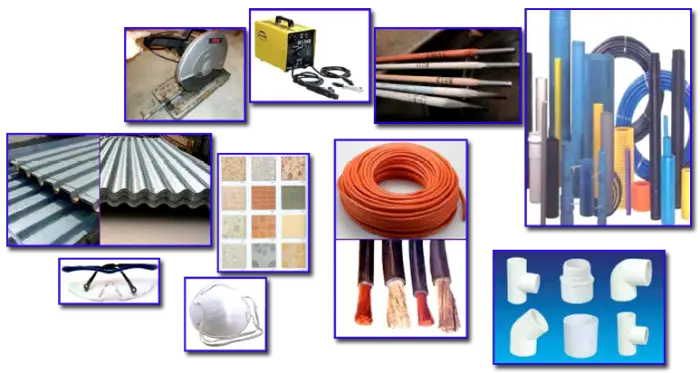Sure, we are all looking for a good deal, but not always does a great price equal a great transaction. In an industry that heavily relies on on-time deliveries of the right product to the right place, contractors have learned to look for a variety of qualities beyond competitive pricing. We created a short list of things to look for in a construction supplier to ensure your next project is a success!
Expertise & confidence to sell you what you need (not what you want)
“What are you building?” is one of the most powerful questions your supplier can ask you. Sure, you know that you are looking for a bag of grout, but what is the application? A crack somewhere (a cosmetic fix), a structural deficit or a new building? Find a partner that will not only sell you products but can help you pick the right one and isn’t afraid to educate you on the various options, installations and applications. Some of the best suppliers will offer workshops and even free certifications for construction crews. They will bring in various vendors and manufacturers to explain and demonstrate their products.
Neutrality
Good suppliers will have a variety of products from a large number of providers. Products that may belong in the same category, but serve different purposes. Products that vary in prices and quality. Similar to large grocery stores that have huge selections of, let’s say, coffee. There’s high-end gourmet coffee and there is instant coffee. Same idea, very different offers. A good supplier isn’t tied to one manufacturer and will be happy to explain the differences in products. A pothole, for example, can be fixed with a wide array of products, find an expert that considers the climate, the durability, effort and tools to fix not just any pothole, but yours.
Customer Service
A great supplier will have a team dedicated to your success and will be at your side from start to finish. A strong supplier will work hard to gain your trust and repeat business vs. a quick sale. A knowledgeable customer service team with the right attitude will answer your questions long after the purchase.
Delivery logistics
Most job sites are fast-paced environments, trucks move in and out and the project’s success is tied to a very specific schedule. It is imperative to receive all necessary material at the right time. If products arrive too early, it may need to get stored somewhere, or – worst case scenario – becomes useless (think ready-mix concrete for example). If it arrives late, it may delay the whole project by messing up the timeline. Find a supplier that has flexible delivery schedules and their own fleet of vehicles. A good supplier knows they can only be successful by addressing individual needs.
Reliability
Find a supplier that stocks your products in their facilities, a provider that has a network of locations that can easily and quickly move product for you. Do not jeopardize your job by relying on someone who says they can get your supplies. Work with someone who has them readily available. Many low-cost suppliers keep their margins/prices low by keeping their operations and storage cost low. While you initially may save a few cents, delays or canceled orders will cause frustration and will last much longer than the feeling of striking a great deal at the beginning.
Accountability
So what if something does go wrong? You just went through all the trouble of finding a great supplier that ticks all of the above options and still falls short? Where people work, mistakes may happen. The best suppliers out there are not looking for excuses, but solutions. Find a construction partner that has been in business for a long time, has the connections and experience to deliver even when unexpected obstacles occur.
